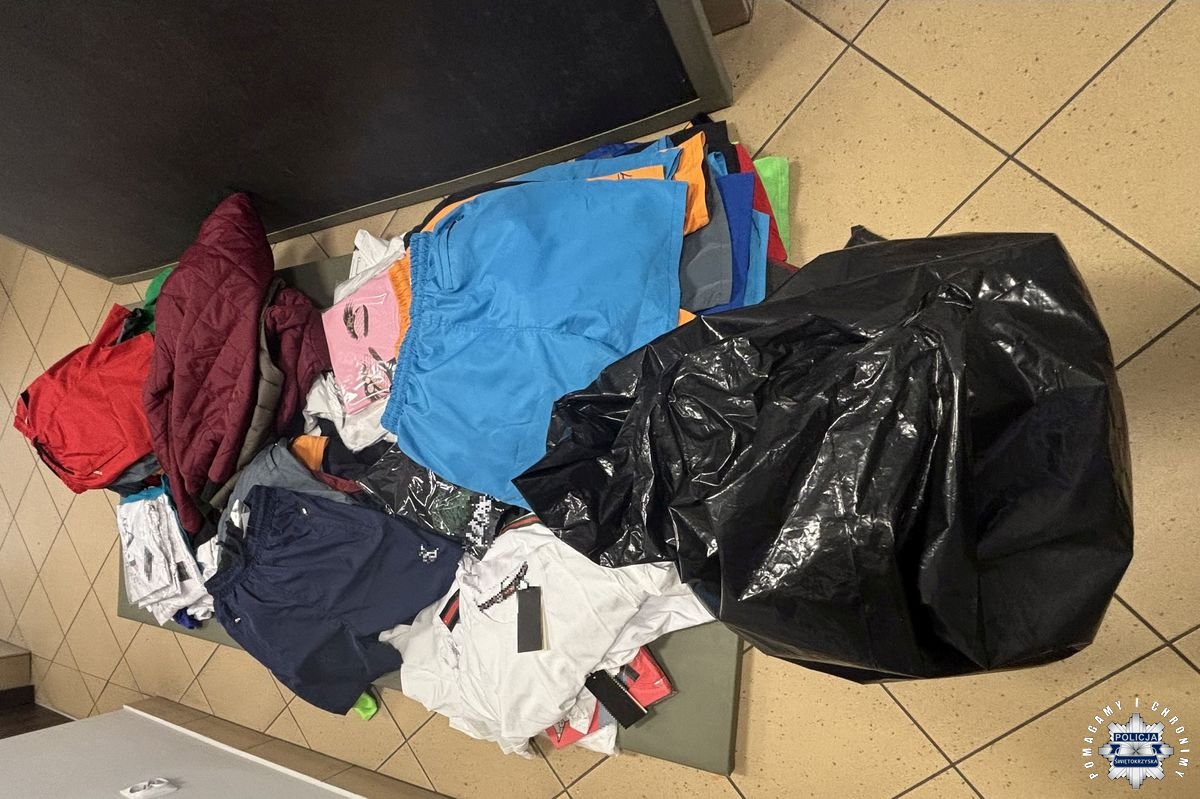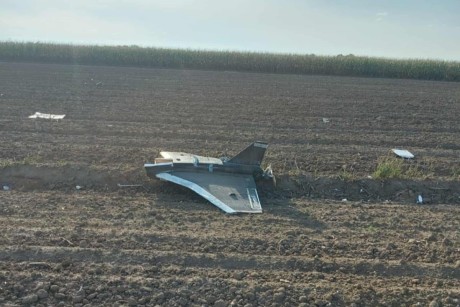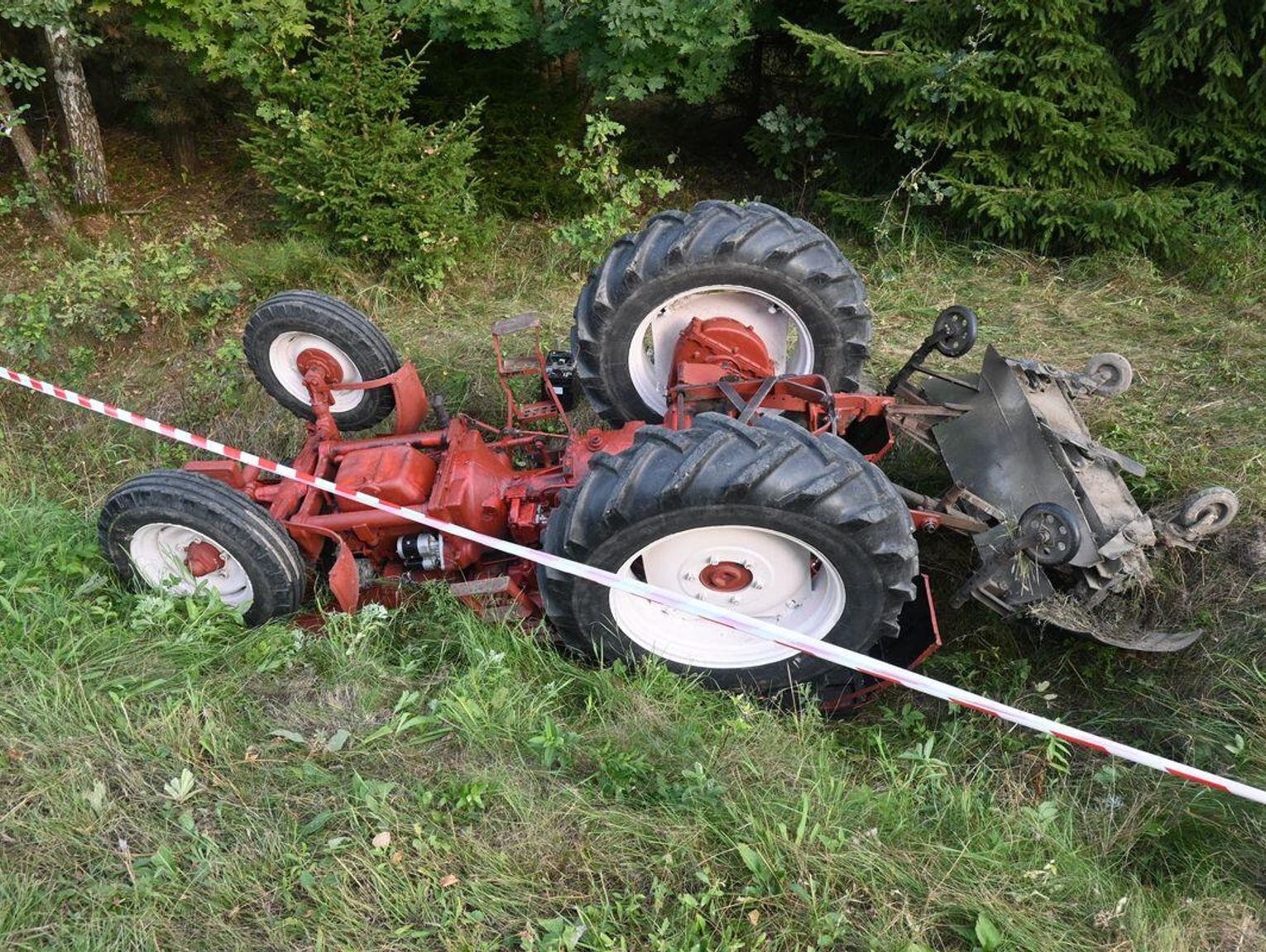80th anniversary of arrival at Oudtshoorn in South Africa 500 Polish exile Children
date: November 29, 2023 Editor: Editorial
On 22.09.-24.09.2023, a group of 500 Polish children were held in Oudtshoorn on the occasion of the 80th anniversary of the arrival of the South Africa Union (now South Africa) who managed to get out of Siberian camps. The event was organized by the Sibirak Union in South Africa in cooperation with the Polish Embassy in Pretoria, the CP Nel Museum, the South African Infantry School.
.jpg)
Among the invited guests were "Oudtshoorniacy" - seniors with families, descendants of Polish refugees in Oudtshoorn, who gathered from all over the planet to participate in the celebrations, representatives of local and urban authorities, scientific, business and opinion-making environments, representatives of Polish associations in South Africa, Polish Embassy in Pretoria, including Polish Ambassador Adam Burakowski and Polish Consul Robert Rusiecki, media, as well as representatives of the South African Academy of Infantry.
The most crucial participants of the event were “Oudtshoorniacy”: Stanisława Doncer, Feliks Vaskys, Robert Magda, Józef Wisz-Lisowski and Sławomir Sadowski, who came to Oudtshoorn 80 years ago in a group of 500 Polish children. Today, in the surroundings of children and grandchildren, as well as another participants of the celebrations, they remembered the time spent in the Oudtshoorn, renewed old friendships, as well as courtesy of the South African Infantry School, they could one more time return to the camp where they spent 5 years of their lives, look at the buildings where they lived, walk in alleys, decision for a while to the past. This was a very touching visit for all.
Genera of the arrival of Polish refugees in Oudtshoorn:
After the aggression on the lands of the Second Republic, which occurred on September 17, 1939, russian authorities began mass deportations of Poles to Siberia. The first of 4 mass deportations of Polish citizens, russian authorities conducted on 10 February 1940. It is estimated that about 340 000 – 1.3 million people were exported together. As a consequence of the signing of the Sikorski-Majski Agreement on 30 July 1941, which afraid the resumption of Polish-Soviet diplomatic relations and the establishment of the Polish army in the USSR, and besides as a consequence of the evacuation of General Anders' army from the USSR in 1942, respective tens of thousands of civilians, including respective twelve 1000 children, went to Iran. any of them died of illness and severe surviving conditions in the USSR. The Polish Government in Refugees appealed to the League of Nations for assistance to children evacuated. India, Lebanon, Mexico, fresh Zealand and South Africa (now South Africa) responded to the appeal.
In April 1943, after a hard and many months of sea crossing, a group of Polish refugees, 500 children and 59 guardians, victims of russian deportations, reached the South African Union at the invitation of the Prime Minister of the Field Marshal, Jan Smuts. Polish refugees were warmly welcomed by the local population. A camp was established in Oudtshoorn, where Polish refugees created their “little Poland”. The children were accommodated in buildings within the military camp. A Polish school was established there. Polish children who reached the camp, and after its closure in 1947 decided to stay in the Union of South Africa, actively contributed to the construction of the country, influenced social life and its improvement in all aspect. They form the basis of the Polish community in South Africa, which present is estimated at 10-15 1000 citizens. The "Oudtshoorniaci" left behind a certain legacy, whose commemoration is our common good and duty.
for: https://www.gov.pl/web/rpa/juridical-circumvention-80-year-arrival-Polish-accident-to-south-Africa
Photos: Witold Jakutowicz/Polish Association in Cape Town; Grażyna Koornhof/Ambassada RP in Pretoria; SA Infantry School in Oudtshoorn














